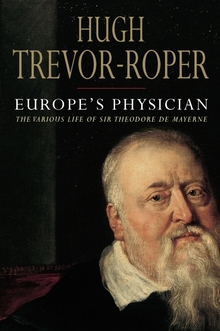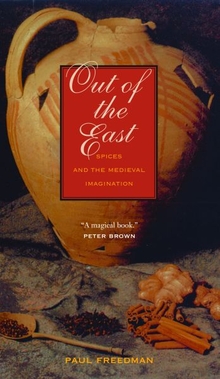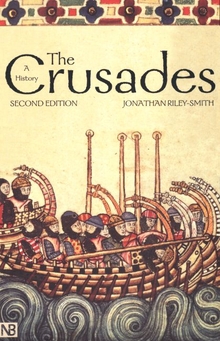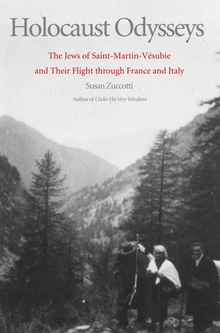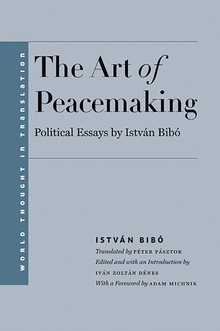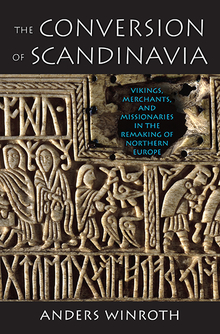All Can Be Saved
WARNING
You are viewing an older version of the Yalebooks website. Please visit out new website with more updated information and a better user experience: https://www.yalebooks.com
Religious Tolerance and Salvation in the Iberian Atlantic World
Stuart B. Schwartz
It would seem unlikely that one could discover tolerant religious attitudes in Spain, Portugal, and the New World colonies during the era of the Inquisition, when enforcement of Catholic orthodoxy was widespread and brutal. Yet this groundbreaking book does exactly that. Drawing on an enormous body of historical evidence—including records of the Inquisition itself—the historian Stuart Schwartz investigates the idea of religious tolerance and its evolution in the Hispanic world from 1500 to 1820. Focusing on the attitudes and beliefs of common people rather than those of intellectual elites, the author finds that no small segment of the population believed in freedom of conscience and rejected the exclusive validity of the Church.
The book explores various sources of tolerant attitudes, the challenges that the New World presented to religious orthodoxy, the complex relations between “popular” and “learned” culture, and many related topics. The volume concludes with a discussion of the relativist ideas that were taking hold elsewhere in Europe during this era.
Stuart Schwartz is George Burton Adams Professor of History and Director of the Council of Latin American and Iberian Studies at Yale University. He has published extensively on the history of Spain, Portugal, and their New World colonies.
"In this superb and strikingly original book, Stuart Schwartz raises an audacious thesis that is sure to excite attention and controversy."—Felipe Fernández-Armesto, Tufts University
"This book is a major achievement by a senior historian with a long history of prolific and insightful scholarship. It will become one of those cherished classics that change the way we think."—Teofilo F. Ruiz, UCLA
“Not many academic histories make you laugh out loud. Schwartz shows ordinary people using vulgarity and humor to convince inquisitors that sex between single people was no sin, and that all sincere believers (Muslim, Christians, Protestants) would be saved—even though they knew such defiance normally led to savage punishments. This is a book you must read.”—Geoffrey Parker, author of The Grand Strategy of Philip II
“Stuart Schwartz widens the road to religious tolerance with fascinating new examples from Portugal, Spain and their American colonies. Tradesmen, farmers, and slaves argue a down-to-earth relativism as independently as any radical scholar. An important book for understanding what leads people to accept difference and a source of hope for our own time.”—Natalie Zemon Davis, author of Trickster Travels: A Sixteenth-Century Muslim Between Worlds
“. . . Schwartz is far too good a historian to draw hard-and-fast conclusions . . . hitherto forgotten individuals of all categories (to) express their widely ranging views on the human condition afresh. As readable as it is scholarly, his achievement is highly to be recommended.” - Count Tolstoy, The Monarchy
Publication Date: November 24, 2009
12 b/w illus.


